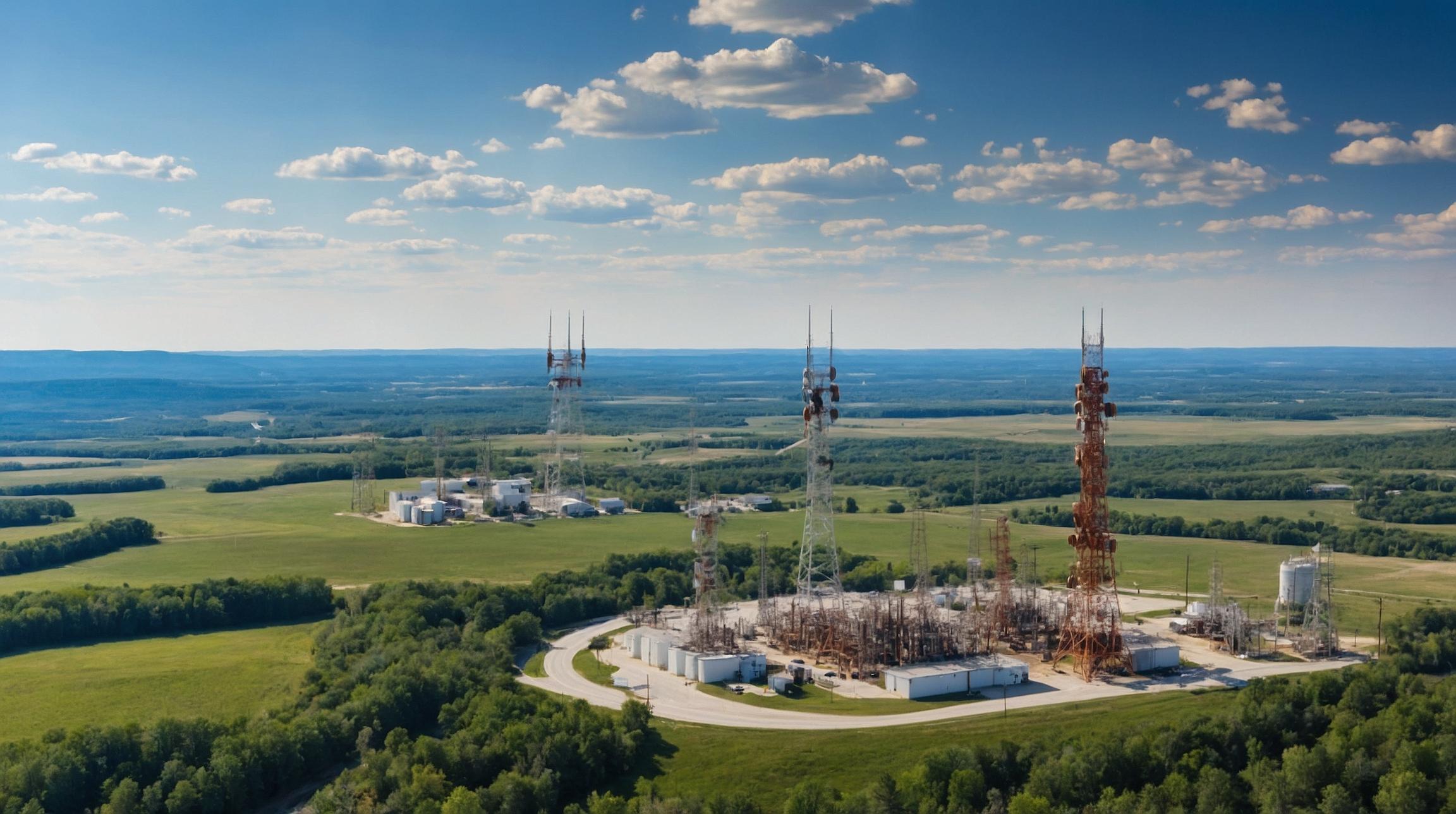UScellular's Commitment to Fixed Wireless Access (FWA)
UScellular, a regional wireless carrier, is taking significant steps to expand its Fixed Wireless Access (FWA) capabilities. Despite plans to sell a substantial portion of its spectrum and subscribers to T-Mobile, UScellular is pushing forward with its FWA ambitions. The company is strategically working with Tarana Wireless to enhance its network capacity in West Plains, Missouri.
The Challenge of Meeting Demand
In West Plains, UScellular's fixed wireless service was so popular that it nearly maxed out the capacity of its existing network. As a solution, the company decided to utilize the CBRS General Authorized Access (GAA) spectrum. This spectrum is open for use by companies in areas where it's not currently utilized by the U.S. government, primarily reserved for the Navy.
Collaboration with Tarana Wireless
To implement this solution, UScellular equipped three of its towers in West Plains with Tarana's technology. This move allowed them to resume selling their fixed wireless product, which had been previously halted due to capacity constraints.
Understanding CBRS and its Benefits
CBRS (Citizens Broadband Radio Service) is a band of radio-frequency spectrum from 3.5 GHz to 3.7 GHz that can be used by various operators, including mobile carriers and ISPs. General Authorized Access (GAA) is a tier within CBRS that allows companies to use the spectrum on a shared basis, which is less costly than licensed spectrum.
Tarana's Role in Increasing Capacity
Tarana's technology is tailored for fixed wireless, allowing operators to use either licensed or unlicensed spectrum. Initially, most of Tarana's clients favored unlicensed spectrum, but now the preference is evenly split. By leveraging Tarana's advanced interference cancellation technology, UScellular can provide robust internet speeds, reportedly reaching up to 500 Mbps download and 104 Mbps upload speeds.
The Bigger Picture for UScellular
Despite the looming asset sale to T-Mobile, UScellular continues to operate independently. Mike Irizarry, UScellular's CTO, emphasized the need to maintain business as usual until the sale is finalized. This includes continuing existing contracts and obligations, such as the partnership with Tarana.
Future Implications
If Tarana's FWA technology proves effective, it could attract further interest from T-Mobile post-acquisition. Analyst Roger Entner points out that even with the pending sale, UScellular must continue operations and meet existing commitments to remain in legal compliance. This ongoing partnership with Tarana could set a precedent for future collaborations in the FWA space.













